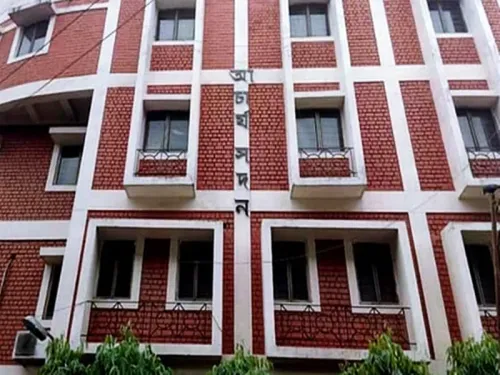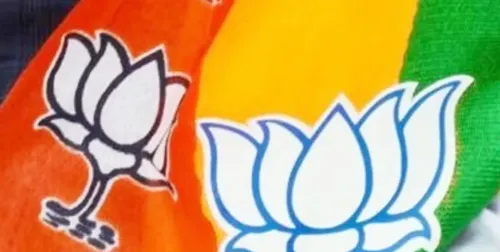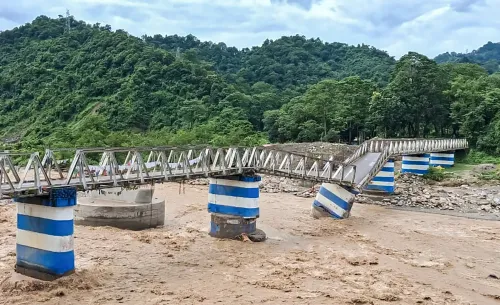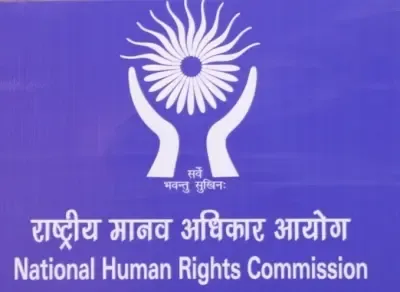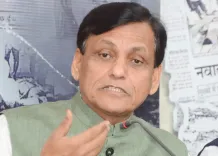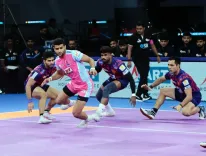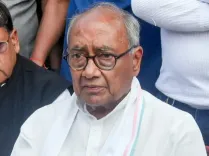Did NHRC Intervene After Tragic Electrocution of Two Children at Durga Puja Pandal in Jabalpur?
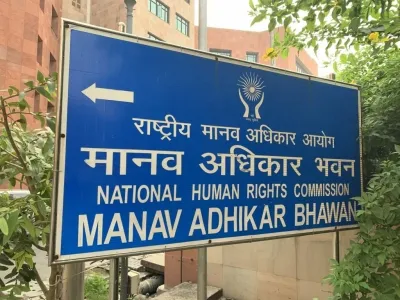
Synopsis
Key Takeaways
- NHRC has taken action following the tragic incident.
- Incident took place due to negligent wiring.
- Victims were young children aged 8 and 10.
- Authorities are investigating illegal power connections.
- Human rights violations are central to this case.
New Delhi, Oct 6 (NationPress) The National Human Rights Commission (NHRC) of India has proactively acknowledged a media report regarding the tragic deaths of two children, aged 8 and 10, who succumbed to electrocution while enjoying themselves inside a Durga Puja pandal in Madhya Pradesh's Jabalpur.
The unfortunate incident transpired on September 24, when the children inadvertently came into contact with an iron pipe that had been electrically charged, allegedly due to negligent wiring by the pandal organizers.
The commission has highlighted that if the details in the news report are accurate, they indicate a significant breach of human rights.
In response, the NHRC has dispatched notices to the Chief Secretary of Madhya Pradesh and the Superintendent of Police in Jabalpur, demanding a comprehensive report on the incident within the next two weeks.
This report is anticipated to include the latest status of the investigation.
A media report from September 25 revealed that a three-member team, headed by a Sub-Divisional Magistrate (SDM), has been established to investigate the occurrence.
Initial findings from the electricity department suggested that the electrocution was due to illegally drawn power.
The victims have been identified as 8-year-old Ayush Jharia and approximately 10-year-old Ved Shrivas. Both tragically lost their lives after coming into contact with a live wire. The NHRC, founded under the Protection of Human Rights Act of 1993, serves as an autonomous statutory body that represents India's commitment to the advancement and safeguarding of human rights.
Its primary function is to defend and promote human rights, which are defined as the rights pertaining to life, liberty, equality, and dignity of individuals, as guaranteed by the Constitution or encapsulated in international treaties enforceable by Indian courts.
The apex human rights institution possesses the authority to take suo motu (on its own initiative) action based on media reports, public awareness, or other sources, independent of receiving a formal complaint regarding human rights violations.

